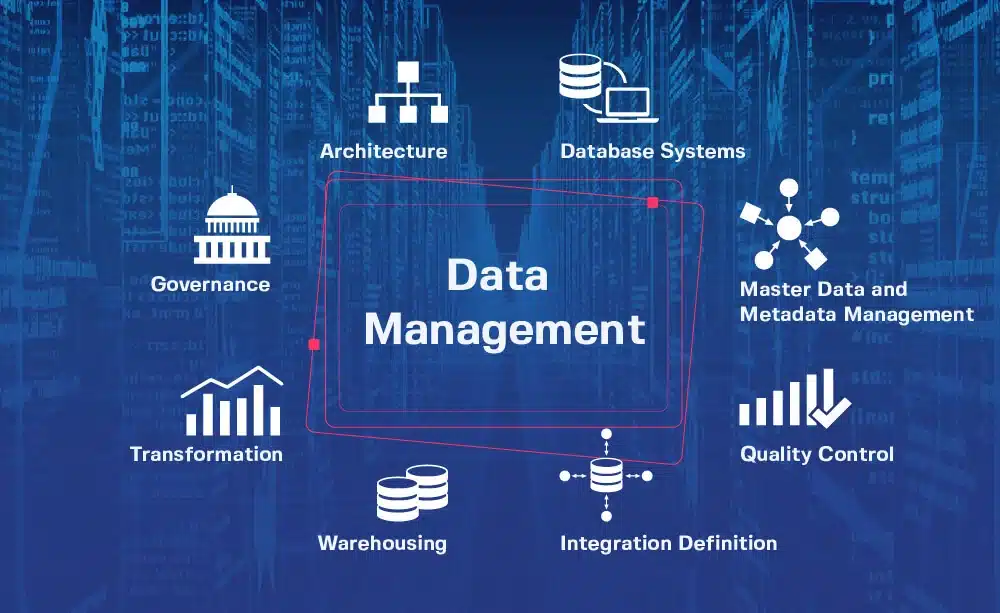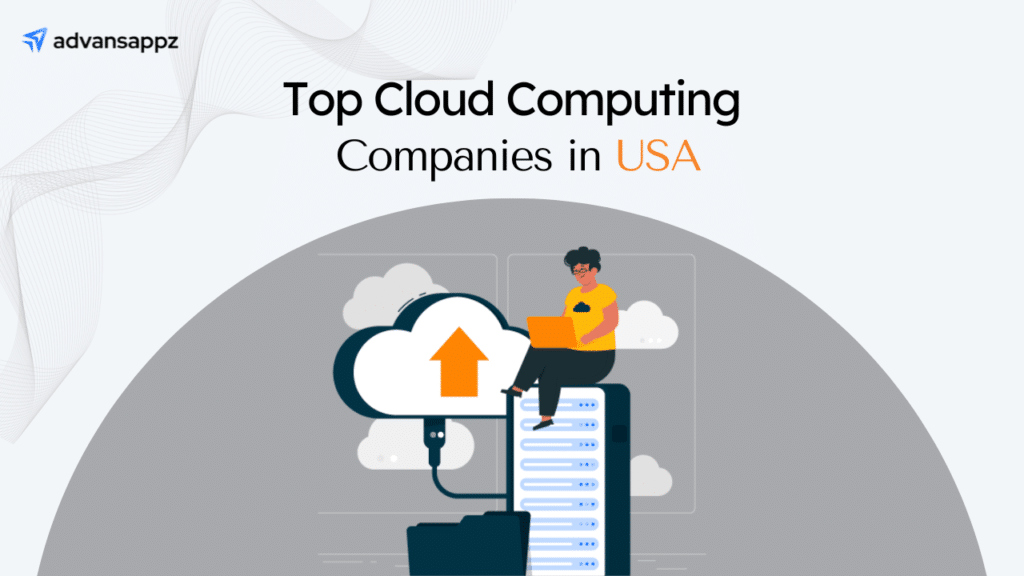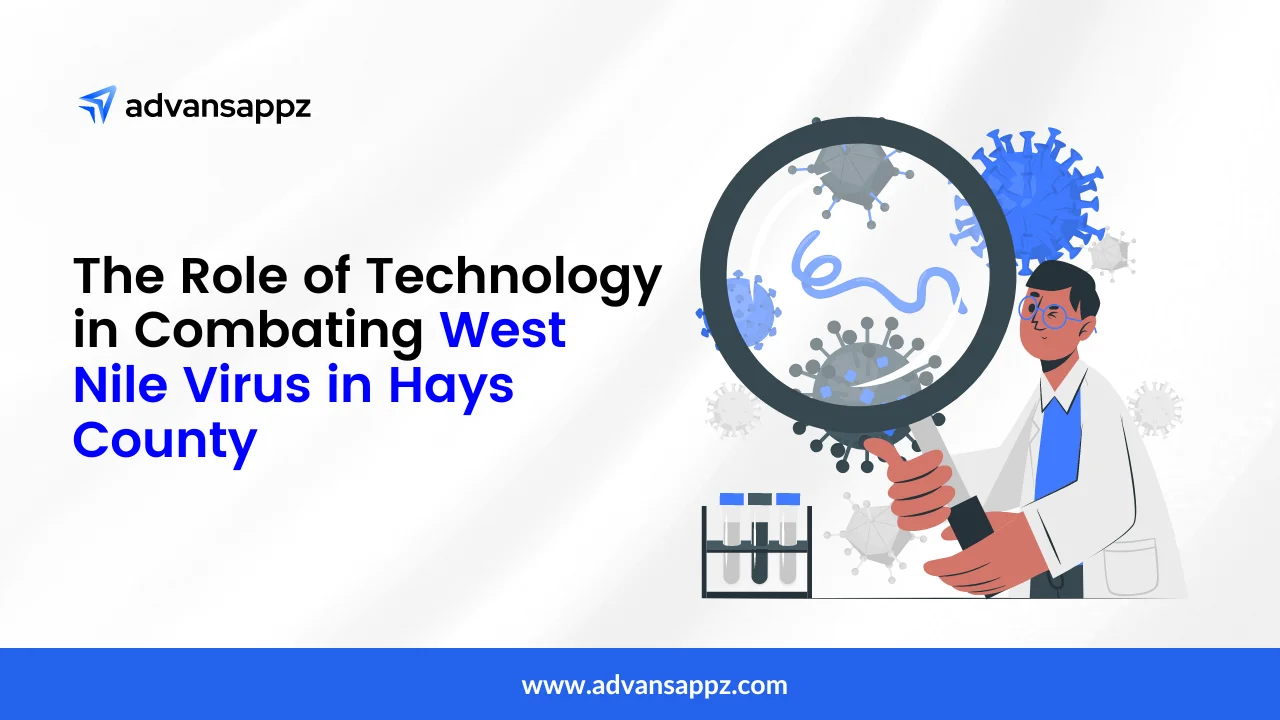
Effective data management is crucial for modern businesses. With abundant information, companies that utilize their data gain a competitive edge. This process involves collecting, storing, organizing, and using data to make informed decisions, understand customer preferences, optimize operations, and mitigate risks. Robust data management strategies ensure accurate information is readily available, allowing businesses to adapt swiftly and drive innovation.
Furthermore, data management is pivotal in maintaining compliance and protecting sensitive information. As regulatory requirements become more stringent, businesses must safeguard customer data and adhere to privacy standards. Proper data management shields organizations from legal liabilities and fosters customer trust and loyalty.
Beyond immediate benefits, well-managed data fuels long-term strategies by providing historical insights that guide future planning and growth. In a digital landscape where data’s value continues to escalate, embracing effective data management techniques is no longer a choice but a necessity for businesses aiming to thrive in a data-centric world.
IT services have plenty of options when it comes to effective enterprise data management and security. Let’s explore how IT services have become paramount to handling data and security for modern businesses.
Understanding the Role of IT Services in Data Management
IT services, and data management are crucial partners in modern business. IT services handle technical aspects of data and optimize its usage for strategic decision-making, from collection and storage to analysis and security.
Flexibility and Scalability
As businesses evolve and expand, so does their data. Data management offers scalable solutions to accommodate the ever-growing volumes of information without compromising data quality or performance. IT services ensure organizations have the necessary infrastructure and resources to manage and analyze their data efficiently.
Whether it involves upgrading analytical tools or expanding storage capabilities, IT services provide tailored solutions that align with a company’s unique requirements and budgetary constraints. This flexibility enhances operational agility and fosters efficiency in adapting to changing data demands.
Analysis of Data
Data analysis is essential for informed decision-making in organizations. IT services provide access to advanced analytics tools and software like Tableau, Qlik, and SAS. These tools can efficiently process and dissect extensive datasets, enabling companies to uncover valuable insights and identify trends, patterns, and anomalies within their data.
They can then present in-depth reports, visualizations, and dashboards, which can help organizations streamline processes, identify potential customer segments, and outpace their competitors in a data-driven marketplace.
Integration and Cleaning
IT services come to the rescue by facilitating the integration and cleansing of this data, ensuring its uniformity and reliability. By eliminating redundant and unnecessary data, organizations can enhance the accuracy and value of their information. This cleansing process leads to better decision-making and analysis and contributes to a more efficient and optimized data ecosystem.
Storage and Security
Amidst the increasing concerns around data security and privacy, ensuring the confidentiality and integrity of data remains paramount. IT services offer reliable data storage solutions, including secure cloud storage alternatives.
Not only do these solutions provide universal data accessibility, but they also ensure protection against misuse or theft. This gives businesses peace of mind that their sensitive data is protected by sophisticated security measures, minimizing risks and safeguarding valuable information assets.
Compliance with Data Governance Regulations
Organizations’ adherence to relevant laws and regulations is a top priority in an era of heightened data privacy and regulatory scrutiny. IT services play a vital role in assisting companies in establishing robust information management frameworks and implementing necessary protocols to ensure compliance. This includes database categorization, access controls, and data retention policies. Organizations can bolster customer trust, minimize regulatory risks, and uphold their reputation in an increasingly regulated data environment by aligning with these regulations.
AI in Data Management
IT companies use advanced technologies like Artificial intelligence AI & ML Machine learning to handle business data with robust security and efficiency. Here’s how AI improves data handling in IT services:
- Categorization Simplified: AI efficiently organizes data from various sources, including images, handwritten notes, and documents, streamlining categorization for swift integration into workflows.
- Intelligent Cataloging: AI-driven metadata and tagging systems enable rapid data discovery, facilitating informed decision-making and optimizing data usage.
- Enhanced Quality, Reduced Errors: AI’s predictive analytics and anomaly detection capabilities minimize inconsistencies and errors, bolstering data integrity and reliability.
- Data Security and Compliance: AI employs advanced algorithms to safeguard data, detect threats, and ensure adherence to regulations, instilling confidence in data usage.
- Effortless List Merging: It simplifies list merging by identifying duplicates, standardizing formats, and improving data quality for accurate master lists.
- Efficiency and Insights Unleashed: The coexistence of AI with data management is crucial for enhancing efficiency, revealing strategic insights, and fostering innovation in today’s data-driven landscape.
Also Check: Your Guide to AI powered Database
Conclusion
Overall, IT services are pivotal in the seamless management and insightful analysis of organizational data. These services provide companies with the tools and expertise to optimize their data utilization across various dimensions, encompassing data storage, security, research, and presentation.
Organizations can streamline data processes by partnering with IT experts like advansappz, positioning them strategically within their markets. The commitment to security protocols ensures businesses can focus on growth and confidently pursue data-driven endeavors.
Frequently Asked Questions
Data management services involve the strategic administration, organization, and utilization of data assets within an organization or system. These services encompass a range of activities, including data collection, storage, processing, analysis, security, and accessibility. The primary objective is to ensure data quality, accuracy, and relevance while adhering to regulatory guidelines and organizational goals.
- Informed Decision-Making: Accurate data supports effective choices and strategic planning.
- Operational Efficiency: Well-managed data streamlines processes and resource utilization.
- Compliance and Security: Proper data management ensures adherence to regulations and data security.
- Customer Insights: Managed data offers insights into customer behavior for personalized services.
- Innovation and Research: Data management underpins research, innovation, and problem-solving.
- Business Agility: Managed data enables rapid adaptation to market changes.
- Collaboration: Data sharing fosters better teamwork and communication.
An IT consulting business provides expert advice, solutions, and guidance to other businesses and organizations in the realm of information technology. This can include advising on technology strategy, system design, software development, cybersecurity, infrastructure setup, and more, aiming to enhance operational efficiency, solve technical challenges, and align technology with business goals.
An example of IT consulting is when a company hires a team of experts to assess their existing technology infrastructure, recommend improvements, and provide strategic guidance on optimizing their IT systems to achieve better efficiency, security, and overall business outcomes.
There are several types of data management practices, each focusing on a specific aspect of data handling. Four prominent types of data management include:
Database Management: This involves the organization, storage, and retrieval of structured data in databases. It includes tasks like designing databases, defining data structures, ensuring data integrity, and optimizing query performance.
Document Management: Document management focuses on the storage, organization, version control, and retrieval of unstructured data, such as documents, files, and multimedia. It often includes features like metadata tagging, collaboration tools, and search capabilities.
Master Data Management (MDM): MDM aims to ensure consistent and accurate reference data across an organization. It involves identifying and managing core data entities (such as customer, product, or location) to eliminate redundancies and inconsistencies in various systems.
Data Governance: Data governance focuses on defining policies, procedures, and roles for managing data quality, security, and compliance. It ensures that data is used responsibly and effectively throughout its lifecycle.
ontent














